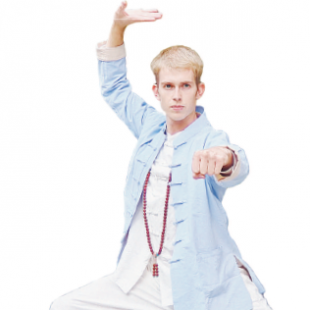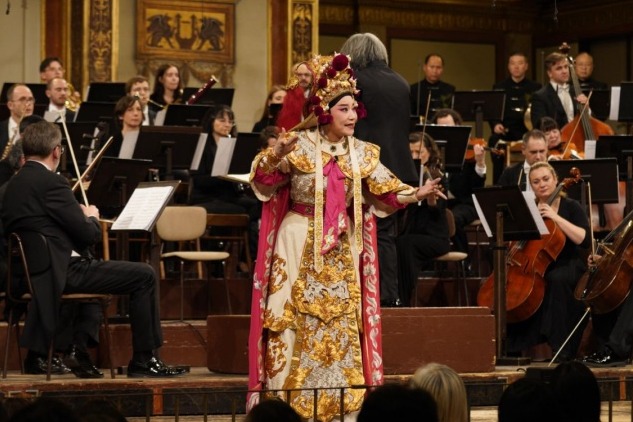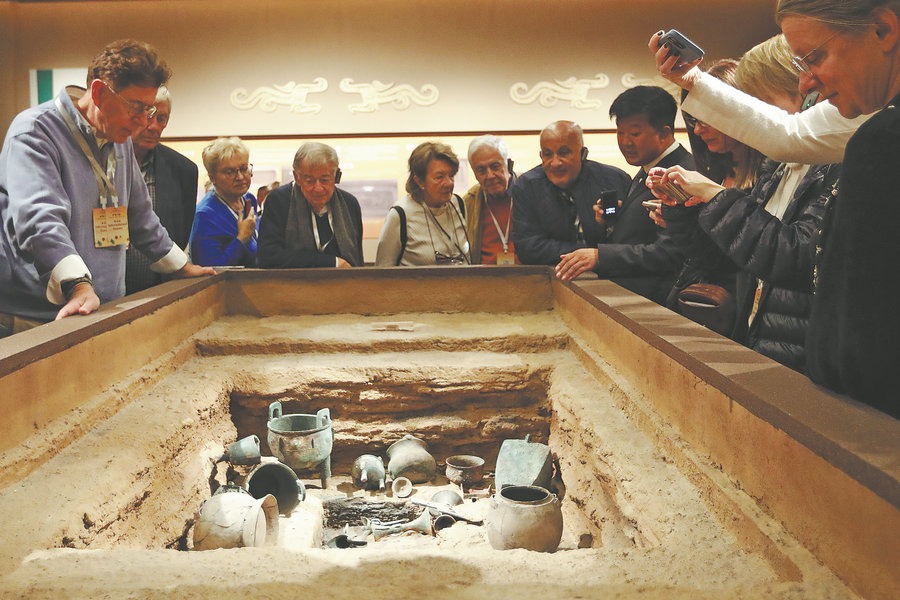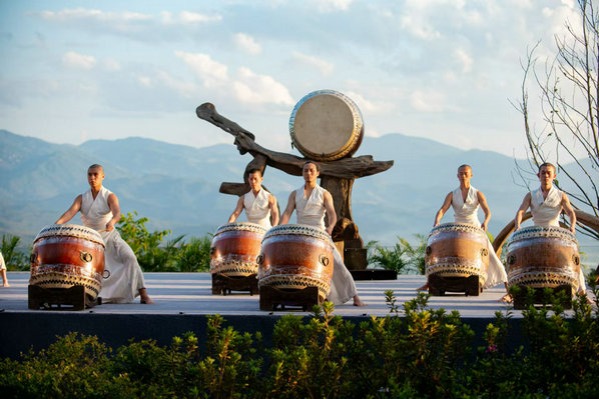German student embraces traditional medicine


His expertise in TCM also fascinates Chinese netizens and he often uses ancient Chinese medical texts that have been treated as doctrinal sources to explain the philosophy behind the treatments.
One such book is Huangdi Neijing, or Yellow Emperor's Inner Canon, which was compiled more than 2,000 years ago and crafted in classical Chinese, a form of written Chinese that is roughly comparable to the use of Latin in post-Roman Europe.
Many native Chinese speakers find classical Chinese difficult to understand but Walker can decipher quotes in the book.
Other Chinese classics, such as I Ching (Book of Changes), Zhuangzi, Lunyu, and more, which have long been foundational texts in Chinese philosophy, are also on Walker's reading list.
The 29-year-old takes pleasure in absorbing ancient wisdom because he finds many ideas deeply intertwined with TCM practices.
"For example, one fundamental worldview of TCM highlights the unity of nature and humanity, which informs the holistic approach of TCM," he says. "This means the human body and the external environment are viewed as an integrated whole. So, in treatments, TCM doctors emphasize achieving balance. By adjusting dietary habits, exercising, or changing one's mindset, one can correct factors in daily life that lead to the imbalance of body and nature, thereby achieving a state of harmony."
Walker takes acne problems as an example to further explain the philosophy. The system of Western medicine suggests that acne is a skin condition that occurs when your hair follicles become plugged with too much oil, while TCM often attributes it to a "disorder" between the human body and the external environment, he says.
"TCM points out that having spots on your face is also due to bad living habits, such as staying up late or unhealthy diet, and excess oil production is only a part of the question," he says. "This is like a place being very humid. Just cleaning of the mold can only have a short-term effect. Changing the overall environment is what brings long-lasting results."
Whether it is the holistic approach or the pursuit of balance and harmony, Walker views it as part of the "unique wisdom" inherent in Chinese culture, and he believes these concepts can not only benefit physical well-being but can also extend beyond medicine and offer excellent guidance for the whole world.
"Using myself as an example, in the past, I might have experienced significant emotional ups and downs, and tended to be somewhat stubborn, often viewing things from my own perspective. However, now I have become more tolerant, approaching issues from multiple angles and with a more inclusive perspective. So, my personality has also become more balanced," he says.
"If more people could understand this (TCM) wisdom, I believe the world would become more peaceful. I also hope to do my best to spread awareness of TCM, Chinese culture, to those around me, including my family and people in the West.




































